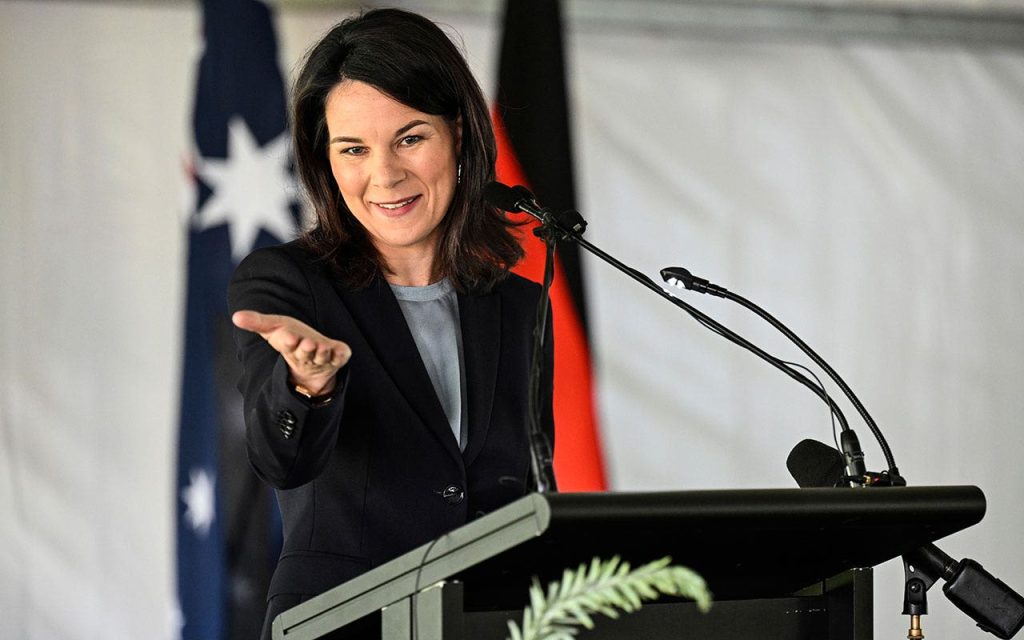Germany’s top diplomat recently accused Russia’s military intelligence service of orchestrating a cyberattack, further straining already tense relations between the two countries. The cyberattack targeted the Social Democrats, leading to accusations from German Foreign Minister Annalena Baerbock that Russian state hackers were behind the breach. Baerbock attributed the attack to the group APT28, which is believed to be controlled by Russia’s military intelligence service. She emphasized that such actions were “absolutely intolerable and unacceptable” and vowed that there would be consequences for Russia.
The strained relationship between Germany and Russia can be traced back to Germany’s support for Ukraine in its ongoing conflict with Russia. Germany has been providing military aid to Ukraine, a move that has aggravated tensions between the two European countries. The recent cyberattack on the Social Democrats only added fuel to the fire, with Baerbock pointing fingers at Russia’s military intelligence service as the mastermind behind the breach. This incident is likely to further complicate an already delicate diplomatic relationship between Germany and Russia.
During her visit to Australia, Baerbock focused on security policy discussions, as China continues to exert influence in the Pacific region. She emphasized the need to strengthen defense cooperation between Germany and Australia, particularly in light of shared security threats that both countries face. The visit also included talks on the conflict in Gaza, with both German and Australian officials stressing the importance of achieving a two-state solution to bring an end to the cycle of violence in the Middle East.
Baerbock’s accusations against Russia come at a time when countries around the world are grappling with the increasing threat of cyber warfare. The cyberattack on the Social Democrats serves as a stark reminder of the vulnerabilities that governments and political parties face in the digital age. As nations strengthen their defenses against cyber threats, incidents like the one experienced by Germany highlight the need for greater international cooperation and accountability in addressing cyberattacks carried out by state actors.
The accusations made by Germany’s top diplomat underscore the challenges that governments face in attributing and responding to cyberattacks. The issue of cybersecurity has become a major concern for countries worldwide, with incidents of state-sponsored cyber espionage and sabotage on the rise. As the digital landscape continues to evolve, policymakers must work together to establish clear protocols and mechanisms for deterring and responding to cyber threats, while holding perpetrators accountable for their actions.
In the face of escalating tensions between Germany and Russia, it is crucial for diplomatic channels to remain open to de-escalate conflicts and prevent further unrest. Both countries have a vested interest in maintaining stability in the region, and communication is essential to finding common ground and resolving disputes. As international relations become increasingly complex in the digital age, it is important for nations to work together to address the challenges posed by cyber threats and uphold the principles of peace and security in the global community.


